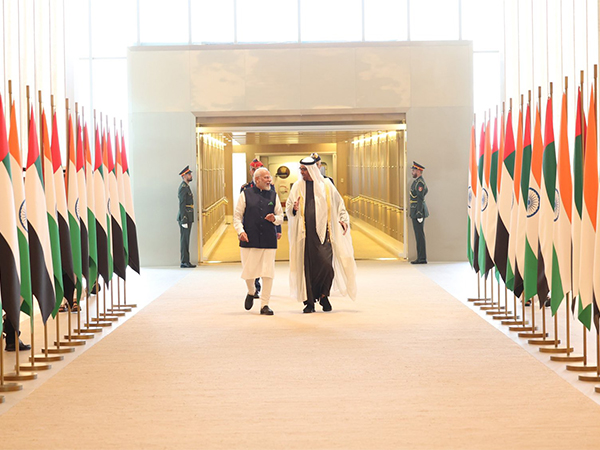India-UAE Forge Stronger Economic Ties with New Investment Treaty
India and the UAE have signed a Bilateral Investment Treaty to enhance investor protection and bolster economic relations. The agreement, effective from August 31, ensures continuity post the earlier agreement's expiry, featuring mechanisms for dispute resolution, and exceptions for state regulations to maintain economic sovereignty.

- Country:
- India
In a significant development, India and the UAE have signed a new Bilateral Investment Treaty (BIT) aimed at solidifying economic ties and ensuring continuous protection for investors. Signed on February 13, 2024, in Abu Dhabi, the treaty comes as a successor to the previous Bilateral Investment Promotion and Protection Agreement (BIPPA) which is scheduled to expire on September 12, 2024. Officially effective from August 31, the BIT marks a renewed commitment to economic collaboration between the two nations.
The UAE is an essential partner for India, positioned as the country's seventh-largest foreign direct investor, contributing to 3% of India's total FDI inflows with investments amounting to around USD 19 billion from April 2000 to June 2024. In parallel, India has reciprocated with substantial investments totaling USD 15.26 billion in the UAE, making up 5% of its overall Overseas Direct Investments. The latest accord is anticipated to further enhance investor confidence, offering a robust framework for dispute resolution and protection guarantees.
The BIT incorporates key provisions that prohibit expropriation without adequate compensation, ensure transparency in financial transfers, and protect against arbitrary or unjust treatment. A notable feature of this agreement is the Investor-State Dispute Settlement (ISDS) mechanism, requiring investors to seek local remedies over three years before taking disputes to international arbitration. Moreover, the treaty grants exceptions for state regulation, allowing room for policies regarding taxation and subsidies. This pact represents a pivotal step in India-UAE relations, promising to encourage bilateral investments and fortify economic bonds, all while preserving the right to national regulatory space.
(With inputs from agencies.)
ALSO READ
Putin and Orban Discuss Ukraine Crisis and Economic Ties
Work will be done to establish electricity grid connectivity, multi-product petroleum pipeline: PM Modi on India-Lanka economic ties.
India Reinforces Economic Ties with New SAARC Currency Swap Framework
We have decided that physical, digital, energy connectivity will be key pillars of our cooperation: PM Modi on India-Lanka economic ties.
LNG will be supplied for Sri Lanka's power plants: PM Modi on India-Lanka economic ties after talks with Sri Lankan President Disanayaka.










